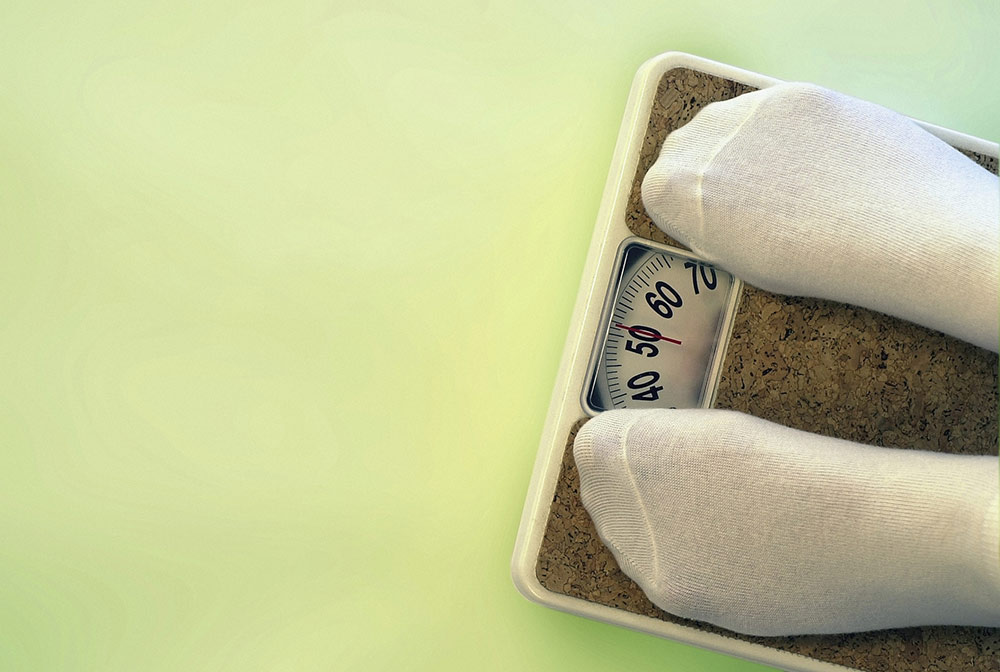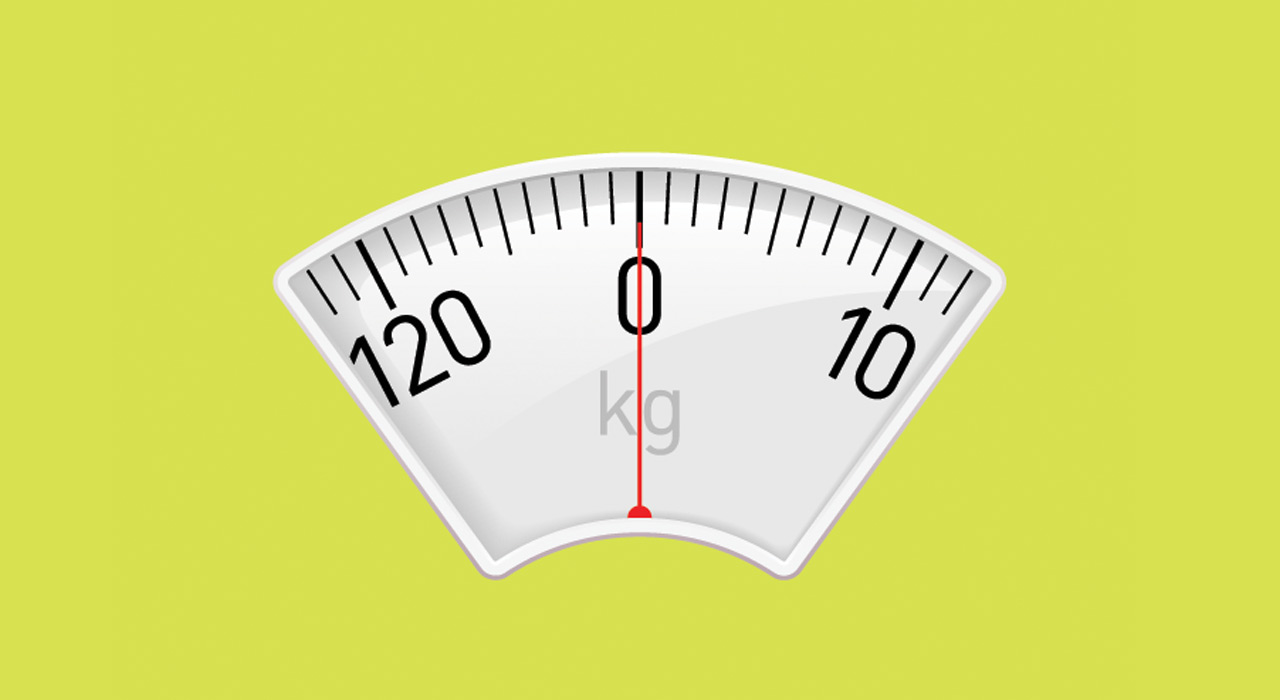Weight Loss
Do The Scales Really Matter?
Stepping on the scale can be tough for many people if you don’t like the number you are seeing. It can be so easy to get frustrated when you are working so hard in the gym, hitting your macros, and you still are not seeing the scale go down. So what gives? Do the scales really mean that much?
The truth is, you are so much more than a number. There are many varying factors that can affect the number you see on the scales, so it’s important to evaluate your progress with other methods such as taking photos and judging how you feel. The scale can be an accurate way to measure progress but there are a number of variables that can negatively affect that number.
Which factors affect the scale?
The first factor that can affect the scale is the time of the day that you are weighing in and the scale you are weighing on. You should always weigh yourself first thing in the morning before eating and drinking and using the same scale. Your weight will almost always be the lowest in the morning when your stomach and bladder are empty, so if you want consistent weight ins, it is imperative to be consistent with how you go about it. Weighing on the same scale is also important as different scales are often calibrated differently.
Your daily nutrition is also going to play a big role in your scale weight. When you consume more carbohydrates, your body is going to store those carbs as glycogen. For every gram of carbs you eat, your body will hold up to approximately 3-4 times as much water. This will reflect a higher weight on the scale but that doesn’t mean you’ve gained body fat.

What about water?
How much fluid you are drinking and how much sodium you are intaking will influence how much water your body holds. Let’s also not forget about the water that is in our food naturally.
Some fruits and vegetables contain around 80-90% water which will increase your total fluids consumption. Sodium will bind to water in order to help your body maintain fluid balance. But too much sodium, especially table salt, can negatively affect how much water your body retains and can sometimes lead to huge jumps on the scale.
Nutritional labels aren’t always accurate either. In 2013 there was a study published in the journal Obesity that found there were more calories in common calorie-dense foods than were stated on the nutritional labels. So, no matter how accurate you’re being, there might still be some margin for error.
– RELATED: Does Sleep Help You Lose Weight? –
Lack of sleep and daily stressors can also impact water retention. When you aren’t getting enough sleep and stress is high this is going to lead to an increase in cortisol. Cortisol is known as the stress hormone. It can help control blood sugar levels, regulate metabolism, and reduce inflammation. It also affects the way our bodies retain water and sodium which help balance blood pressure. When cortisol is high our bodies start to hold water which in turn will affect the scale and is why getting the proper rest and keeping stressors down is so important.
Hormones shift around menstruation will also affect the scale. Some women gain nearly 10 lbs of water around their cycle due to a shift in estrogen and progesterone. High estrogen levels can cause a lot of fluid retention which tends to even out as the cycle continues. This is totally normal and something to be expected so don’t stress over it.
– READ MORE: Do You Have To Ditch Alcohol To Lose Weight? –
As you can see there are so many factors that can affect the scale and why stressing over the scale is not worth your time and energy. Progress pictures are going to show you so much more than a scale ever will. Focus on how you are feeling, how much more energy you have, how much stronger you are getting, and how your clothes are fitting better. Use the scale only as one way to measure your progress, not the only way you measure your progress.
For more weight loss advice, sign up for the TRAIN for HER newsletter today!






















